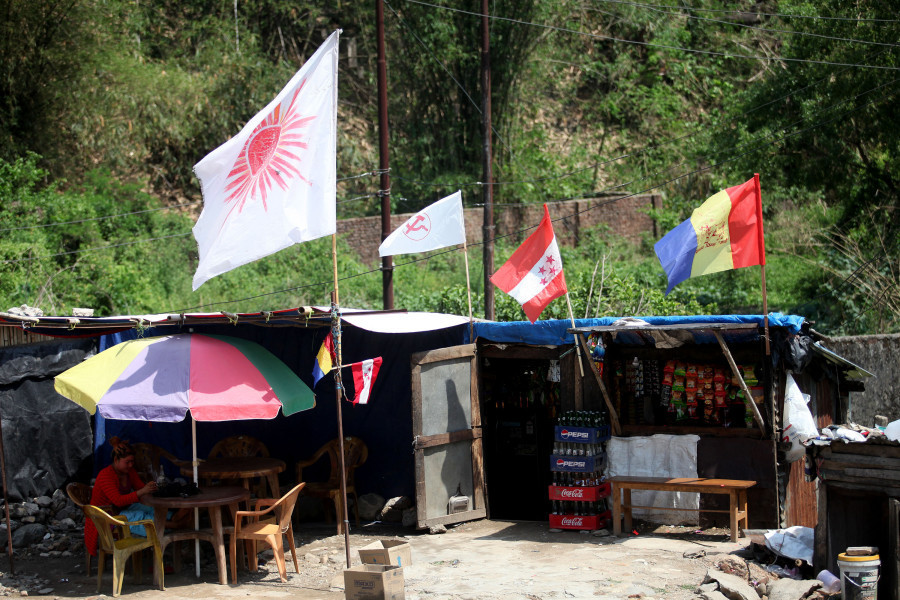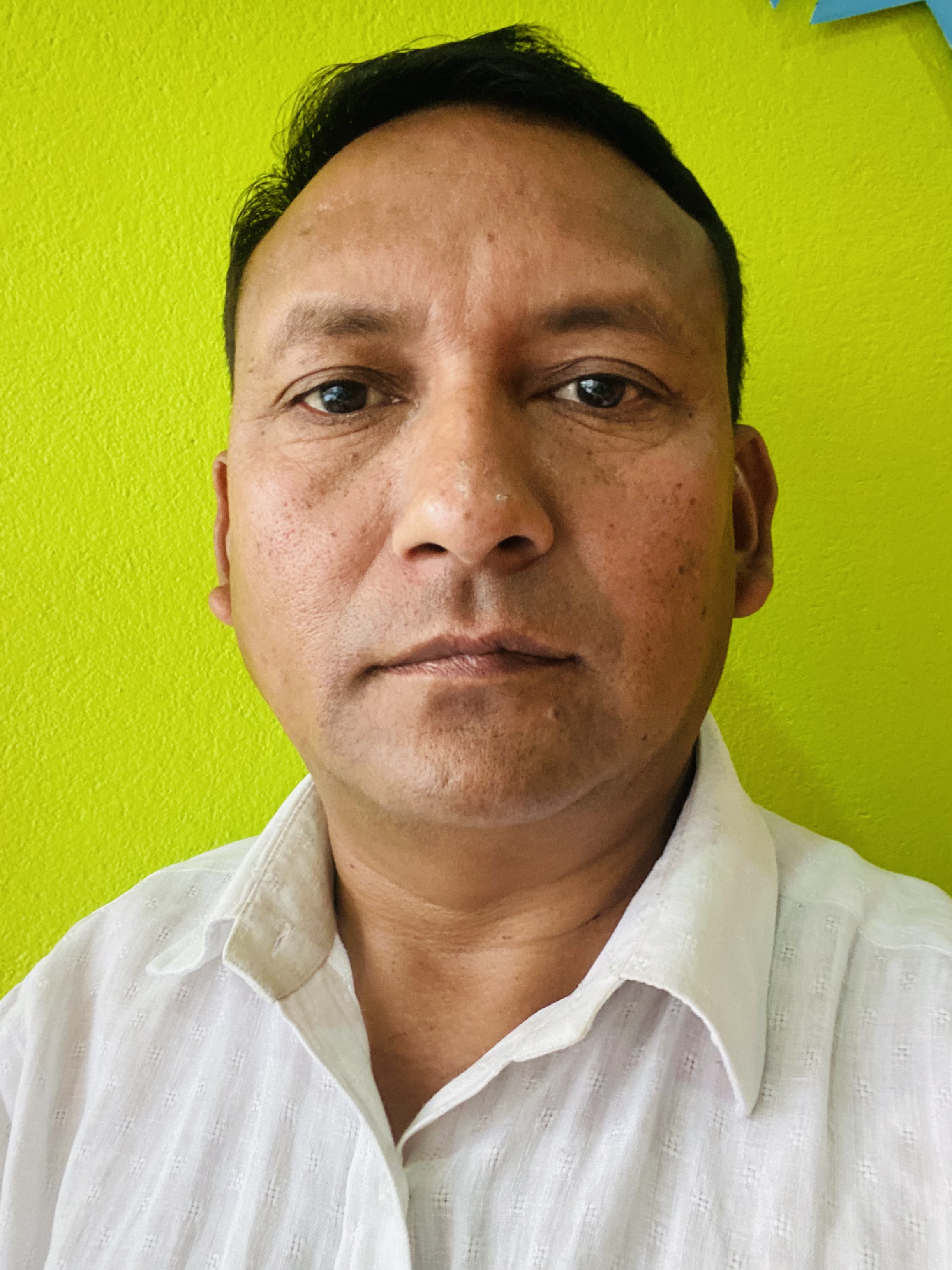Columns
No democracy sans parties
Parties may be vanquished, albeit only through ballot boxes.
Mitra Pariyar
The hurricane of the so-called Gen Z uprising seems to have passed for now, albeit at a tremendous cost to the nation and to the families of the deceased. The deadly political violence instigated by populist politics, masterminded by the deep state, has made us suffer greatly. Yet the situation is still extremely delicate; peace is fragile. Sadly, the Sushila Karki government doesn’t appear to be functioning as expected.
Deep state after power
As I’ve written earlier, and many other commentators have also suggested, the actual Gen Z movement occurred on September 8 and lasted until about 2 pm on September 9, 2025. Much of the death and devastation in the afternoon and evening of September 9, in Kathmandu and many other major towns, was premeditated. Hijacking the innocent Gen Z protests, the deep state attacked the country most viciously.
There is now a semblance of peace, and a government has been formed. However, as the Dalit leader and popular public intellectual Aahuti said in a recent media interview, we still do not see the head, as it were, of the Karki government. Nobody can tell who is really in charge here: A few mob leaders seem to dictate to Prime Minister Sushila Karki what to do and what not to do!
And it is not certain what their ultimate objectives and goals are. Their hidden motives potentially pose a great risk to the future of our democracy, republicanism and rule of law.
A principal objective of this force seems to be to destroy the established and democratic political parties, thereby snatching the state power. Many people would, of course, love to see the old and inefficient leaders of the established parties gone. Yet they don’t want to finish off parties altogether; there’s no democracy sans parties.
The Nepali Congress and the CPN-UML may have been demoralised and humiliated by the recent assaults, but their power hasn’t eroded. They are down, but not out. Despite the common assumption, these parties’ support base has remained more or less intact. We haven’t heard of their members resigning en masse.
Moreover, these parties are highly resilient. They have a long history of dealing with crises and fighting against the Shah and the Rana autocracies. Even an armed Maoist insurgency, which killed or drove away party members, failed to vanquish these democratic parties. Movements based on the Internet and without grassroots organisations cannot easily defeat the established parties.
Besides, the populist movement launched by the deep state has no ideology or philosophy, particularly vis-à-vis the country’s burning issues. Corruption is a big problem, but it is not the only one contributing to underdevelopment and dissatisfaction.
What strategies and plans do these new and semi-visible players have in terms of resolving, for instance, the long-term issues of caste, class and gender inequality? What are their strategies and plans for wiping out caste discrimination and untouchability?
We don’t hear any plans or strategies for achieving such goals from the representatives of the deep state. Social transformation or justice is not an issue at all! Nor do they have any solid ideology for the rapid economic development of the country. Like in many other countries, Nepali players of the deep state simply raise their voices for good governance and against political corruption and vent their anger against the rulers.
These are uncontroversial and less sensitive subjects, and therefore useful and easier slogans for trying to grab state power.
Government inviting further disaster?
The Karki government’s performance so far has been far from satisfactory. The entire Cabinet seems to have misplaced its priorities.
As a former Chief Justice, Karki was expected to properly understand the sensitivity and gravity of the current political situation and to work tirelessly to fulfil her mandate of conducting the elections in March next year. For achieving that goal, she should be consulting with and seeking the support of all political forces. How will we ever have an election if the major parties do not cooperate?
On the contrary, PM Karki and Home Minister Om Prakash Aryal seem to be trying to avenge the parties, mainly the Nepali Congress and the CPN-UML. The government somehow seems to have a strong dislike for the established and democratic parties.
They have clearly shown double standards. On the one hand, they’ve released the suspects accused of burning down critical government infrastructure in Kathmandu and other towns, maintaining that the prosecution must first wait for the findings of an investigation commission led by former judge Gauri Bahadur Karki.
On the other hand, they have reportedly pressured the chief of the Nepal Police to arrest former Prime Minister KP Sharma Oli and Home Minister Ramesh Lekhak for allegedly killing young Gen Z protestors on September 8.
But the IGP reportedly refused to follow this order of arrest. Arresting the senior politicians in the current circumstances would be construed as a political crackdown and would therefore damage the prospects of the March elections.
Meanwhile, the government does not seem to be doing enough to arrest approximately 14,000 convicted criminals who have broken out of jails. Nor has it been able to retrieve guns and bullets looted from the police. The country has become increasingly insecure, with criminals walking scot-free. Gulf countries have unofficially blocked work visas for fear of the same criminals going there.
The Karki government has not announced any initiatives or plans to boost the morale of the police forces. Unless the law enforcement is strong, both physically and morally, free and fair elections are out of the question. Instead, the government seems bent on punishing the political parties, mainly the bigger and democratic ones, and trying to crush them. These not very salutary indications have obviously alarmed the political parties.
Most parties haven’t spoken out yet as they are currently busy licking their wounds and trying to rid themselves of their old and inefficient leaders. But the CPN-UML has already challenged the dissolution of parliament and vowed to fight for its revival. It has also announced its refusal to respect the future findings of the Karki probe commission on the Gen Z movement. Many other parties are likely to oppose this government and its actions in the near future.
Conclusion
One should never forget that attacking democratic parties is different from attacking an autocratic monarchy. The parties have a long history of struggle and crises, and are currently blessed with grassroots support. These organisations will become even more active once the government tries to suppress or undermine them.
Of course, parties must be made responsible in every respect, including corruption, nepotism, casteism and the like. But it is childish to think that locking up some senior politicians on corruption charges, as some agents of the deep state have openly stated, would somehow contain these parties. That would be a perfect recipe for further political disaster. We must fight against political corruption and all the other malpractices at the hands of politicians, but we must also strongly guard against any attempts to undermine multi-party democracy. Parties may be vanquished, albeit only through ballot boxes.




 11.12°C Kathmandu
11.12°C Kathmandu















